Tanager farm
Since 2000, Pam and Michael Arion have owned the land where Tanager Farm is located. The farm, located just east of the Sandy River, received its name from the Blue Grey Tanager bird. Different from most farms, the Arions have been stewarding their land to various CSA farmers. Over the years, the farm has been producing various vegetables, herbs, flower seed, and honey.
Crops
Over 200 varieties of vegetables, flowers, fruit bearing trees and honey
Farmers Markets/Retailers
Community Supported Agriculture (CSA), Farmers Market, Seed
farmed by
Brindley Beckwith, Jennie London, and Spencer Suffling.
Location
Corbett, Oregon
Established in
2000
Owned by
Pam and Michael Arion
Plant starts in one of their greenhouses.
WHAT ARE THEY DOING FOR BEES?
There are several things that are being done to protect pollinators, other than scaring off the occasional curious black bear from getting into their honey bee colonies. Tanager Farm is a pesticide-free farm. In order to deter pests, they diversify and rotate their crops, plant cover crops, as well as cover rows of plants, such as mustard, which attract large numbers of pests. The idea driving this practice is to provide a diverse selection of food. One of the farmers, Brindley, enjoys growing and trying new foods, so for this season she planted several varieties of Asian vegetables, including Bok Choy.
Honey Bees landing on one of the many flower species located around the farm.
Increasing habitat and forage for native bees was a main goal for the farm. To improve forage, they have undertaken additional projects including planting flowering hedges across the property. Pam planted several varieties of flowers which attract large numbers of pollinators around the farm. She now has flowers blooming from the early days of spring through the fall. Pam states, “I love honey bees. And when they swarm on the property we get to see that whole process. But it’s also important to understand that there are other pollinators as well that add value to the farm.”
They also leave out dried stems and other organic matter around their fields, which creates nesting sites and resources that can be available for mason bees, leafcutting bees, small carpenter bees and bumble bees. By helping to create habitat close to their fields, this helps pollinators by increasing access to their food source.
One of several bee colonies that Pam keeps around her farm. Pam is an Oregon Master Beekeeper.
meet the farmers
Pam and her husband Michael moved to this property in 2000 and brought two displaced CSA farmers with them. Since then, the Arions have let various groups of farmers use their land. These farmers have built infrastructure which is still used today such as greenhouses, food processing areas, and mature nut trees and berry plants. Currently the Arions have three main growers: Brindley, Jennie, and Spencer, who have been at this location for three growing seasons. All have a background in agriculture but hold a diversity of specialties. Brindley and Spencer work mainly with their vegetable crops, Jennie with the flowers, and Pam with her bees. “I feel like this is the first farm where I’ve been able to pay attention to the details and see how it’s all connected” states Brindley. Jennie chimes in, “I feel very grateful to be a part of this farm. All of us are interested in different things but we are all very excited to learn and work together. It’s a special space.” Additionally, Pam is both in the Oregon Master Beekeeper program and surveys for native bees as part of the Oregon Bee Project’s Bee Atlas.
Brindley, Spencer, Jennie, and Pam posing with fresh goods from their farm. (Left to Right)





